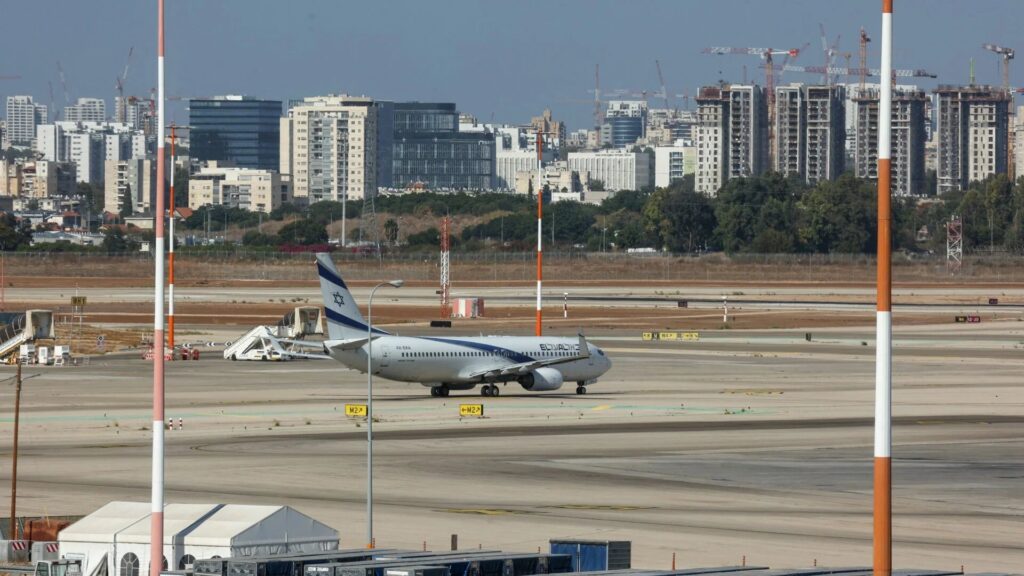Yemen’s Houthi rebels claimed responsibility Friday for a missile strike on Ben Gurion Airport in Tel Aviv, following Israeli airstrikes on Houthi-controlled Sanaa International Airport and other targets in Yemen.

The Houthis stated they also launched drones at Tel Aviv and targeted a ship in the Arabian Sea. Details of the attacks remain unclear, and no immediate confirmation was available from Israeli authorities.
The Israeli airstrikes on Thursday came as the head of the World Health Organization (WHO), Tedros Adhanom Ghebreyesus, and his team were preparing to depart from Sanaa. Yemen’s civil aviation authority reported that the strikes occurred while the UN aircraft was readying for its scheduled flight.
Sanaa International Airport, which was temporarily closed after the strikes, planned to reopen on Friday, the aviation authority said.
The Israeli military has not commented on whether they were aware of the WHO chief’s presence at the time of the attack.
The Houthi escalation follows a series of confrontations with Israel, including the firing of a missile and two drones earlier this week. The Iran-backed group has intensified its attacks on Israel since late November, coinciding with a ceasefire between Israel and Hezbollah, another Iranian-supported group.
Houthi-run Al-Masirah TV reported that Thursday’s Israeli strikes killed six people, with earlier Houthi statements reporting fatalities at the airport and Ras Issa port.
This marks the second time since December 19 that Israel has targeted Houthi-controlled sites in Yemen in response to missile fire directed at Israel.
Israeli Prime Minister Benjamin Netanyahu reiterated his resolve against the Houthis, warning that operations would continue “until the job is done.”
“We are determined to cut this branch of terrorism from the Iranian axis of evil,” Netanyahu said in a video statement.



